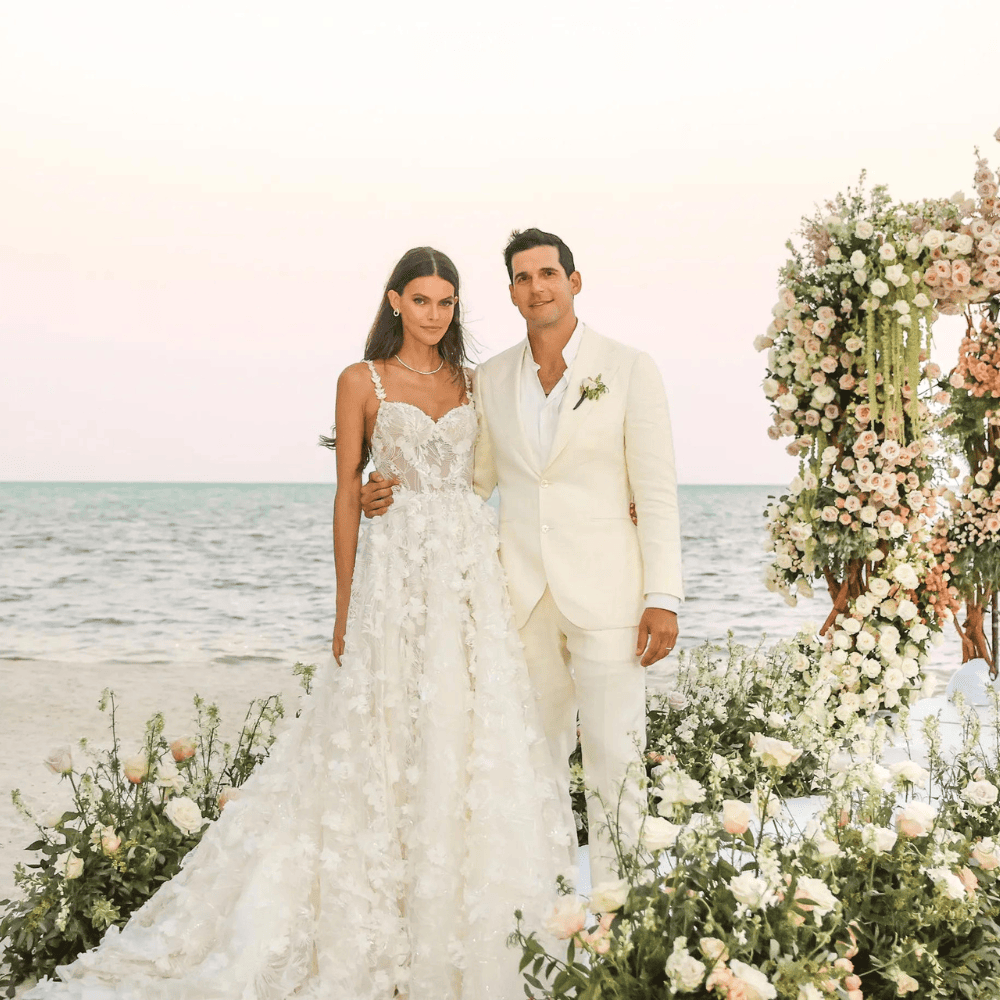
In the midst of wedding celebrations, an unexpected interruption can throw a curveball into the joyous proceedings. While the phrase ‘speak now or forever hold your peace’ may be fading from modern ceremony scripts, the possibility of objections still lingers. This disconcerting scenario, once rooted in the historical fabric of weddings, has been portrayed in movies as a dramatic twist. But what happens if someone does decide to object during the nuptials? How should couples navigate this potentially delicate and unsettling situation? With preparation, empathy, and a touch of grace, couples can navigate objections while weaving their vows into an unbreakable tapestry of love, trust, and shared dreams.
The Tradition of Wedding Objections

In an age in which love stories take center stage, the tradition of wedding objections persists as a reminder of the past. From its roots in medieval legalities to its contemporary metamorphosis into emotional disruptions, the act of objecting is a testament to the complexities of human emotions. It was introduced in medieval times to ensure the legality of unions in an era when information was conveyed through word of mouth. The intent was to prevent marriages that might be invalid due to pre-existing commitments, age restrictions, or other impediments. Today, objections have evolved beyond legalities to encompass emotional concerns and unforeseen disruptions.
Evolution of Objections
Traditionally, objections were elicited by the officiant’s prompt, ‘If anyone objects to the marriage, speak now or forever hold your peace.’ However, the scope has expanded to include any interruption that prevents the exchange of vows. With legal records now readily accessible, objections on legal grounds have waned. Yet, emotional objections can still arise, reflecting a deeply ingrained human sentiment.
Managing an Objection

If faced with an objection during the ceremony, a composed response is essential. An interruption may be met with gentle humor to diffuse tension, but extreme cases demand a more discreet approach. The officiant’s role is pivotal—acknowledging the objection’s emotional resonance while reaffirming the couple’s bond. If the objection poses no legal hindrance, the ceremony continues, strengthened by the couple’s unwavering commitment.
Preparing for the Unexpected
While preempting emotional objections is challenging, precautions can deter disruptions. Private conversations with potentially concerned guests can provide clarity and mitigate objections. Careful guest selection and focusing on those who support the union minimizes the likelihood of disruptions. This way, objections are left at the door, fostering an atmosphere of shared happiness.